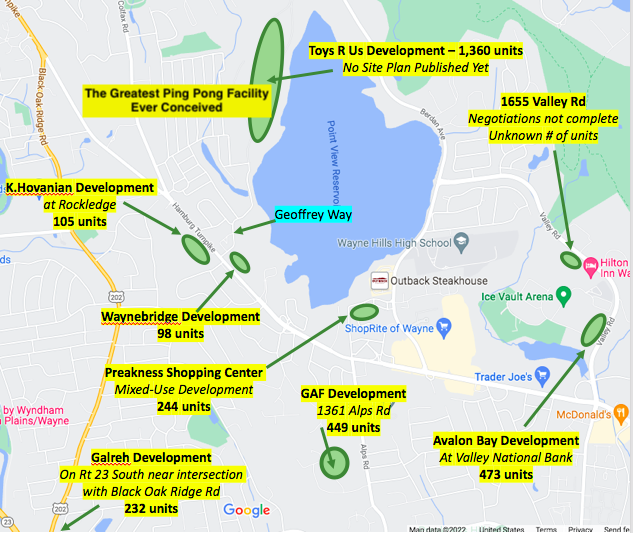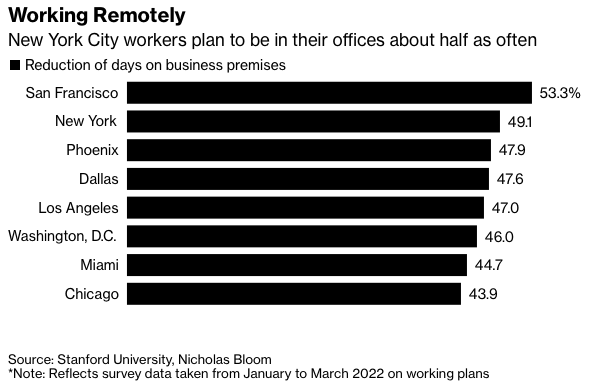From Yahoo Finance:
Homebuyers just got another grim new statistic: Average home prices in 11 housing markets now exceed $500,000
The U.S. housing market’s half-million dollar club is growing, with more cities than ever posting average home prices above $500,000.
Across the nation, home prices have soared during the pandemic, as low home inventory ran into surging demand. Fervent competition ensued, and home prices have since gained 19.2% over the past 12 months, locking many would-be homebuyers out of the market.
But while prices have been rising most everywhere, some housing markets have become prohibitively expensive to some prospective buyers. A recent analysis by online real estateand financial planning site OJO Labs found that a housing price benchmark that was once considered rare is now becoming increasingly common, as average home prices are now topping $500,000 in more and more cities.
…
Austin, is the newest arrival in the exclusive club, according to OJO Labs’ survey, which crunched the numbers of March final home sale prices in America’s largest cities.
The list now includes 11 metro areas. Prices in some of these cities were already well above $500,000 even before 2020, while in others they have soared spectacularly since the pandemic started.
Here is the full list:
- San Francisco (median home price: $1.3 million)
- San Diego ($825k)
- Los Angeles. ($720k)
- Seattle ($626k)
- Denver ($565k)
- Boston ($560k)
- Sacramento ($550k)
- New York ($520k)
- Portland, Ore. ($505k)
- Salt Lake City ($503k)
- Austin ($500k)
Some of these cities, including Austin, San Diego, and Denver, have seen home prices rise more than 20% over the past 12 months. In Salt Lake City—which has enjoyed a population and job market boom during the pandemic—prices are up over 30%.


